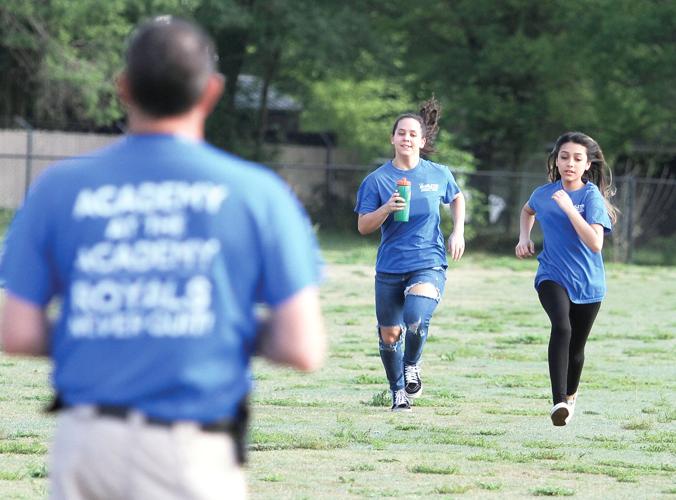
By Colin G. Pennington, PhD |
Recently, many universities have reduced [or outright removed] required physical education/physical activity course credits from their General Degree Plan Requirements, thus, negatively effecting the enrollment numbers of their Kinesiology Departments and physical activity programs and speculatively decreased the physical activity and physical health level of the student body. Physical activity is a primary focus, essential aspect, and significant contributing factor of a healthy human lifespan; however, it was recently discovered that among the top 25 ranked research institutions in the United States, only nine required physical education in the core curriculum (36%). Furthermore, of the top 25 liberal arts institutes, 17 (68%) included physical education within the core, but the general requirements to ‘earn’ physical education credit in these institutions were appallingly low – i.e., simple attendance, minimal assessment, self-issued ‘effort grade’, etcetera. Nevertheless, the limited incorporation of physical education illuminates an issue of ignorance towards the benefits of physical education and physical activity in higher education. Numerous researchers have indicated that physical activity and physical fitness have a significant relationship to academic achievements; therefore, in Kinesiology, physical activity is considered essential to academic success.
While activity courses are losing required status and being cut accordingly, recent research has illustrated non-Kinesiology students are simultaneously enrolling in optional physical education/physical activity courses at lower rates. For various and complex reasons, the student-body has expressed general disinterest in the activity courses that are provided at their institutions. Change is needed. To institute change, it is essential to recognize the significance physical education, health education, and physical activity have in the college experience. It is also important for those who develop their institution’s physical education/activity course agenda to consider the numerous definitions of ‘health’ possible, and that numerous academic subjects have the potential to positively affect an individual’s health when collaborating with Kinesiology, health, and physical education.
The renovation of a university physical education program to attract the interest of an external population will require strategic collaboration among the multiple sub-disciplines of Kinesiology, public health, athletics, and recreation departments – frankly, theses bodies should be cooperating in harmony together, regardless. A diversification of physical education/physical activity courses could then be made available. A very non-exhaustive list of course ‘themes’ could include: physical fitness, exercise science, dance, recreation, martial arts, aquatics, lifetime activities, adapted activities, stress-reduction activities, holistic health, outdoor pursuits, equipment-free exercise, competitive games [individual, dual, team], global activities, many others.
Finally, holding enrollees to [at least somewhat] rigorous standards of demonstrating cognitive, affective, and psychomotor learning and achievement is necessary to holding the interest and attention of participants – in addition to emphasizing the learning outcomes and course themes as legitimately meaningful, important, and significant. (440 words).
Colin G. Pennington (PhD) is an Assistant Professor of Physical Education Teacher Education at York College in the City University of New York (CUNY) system. Pennington works with prospective physical educators and Health and Human Performance majors and carries out research on physical education teacher effectiveness and other health-related applications of the Kinesiology discipline.